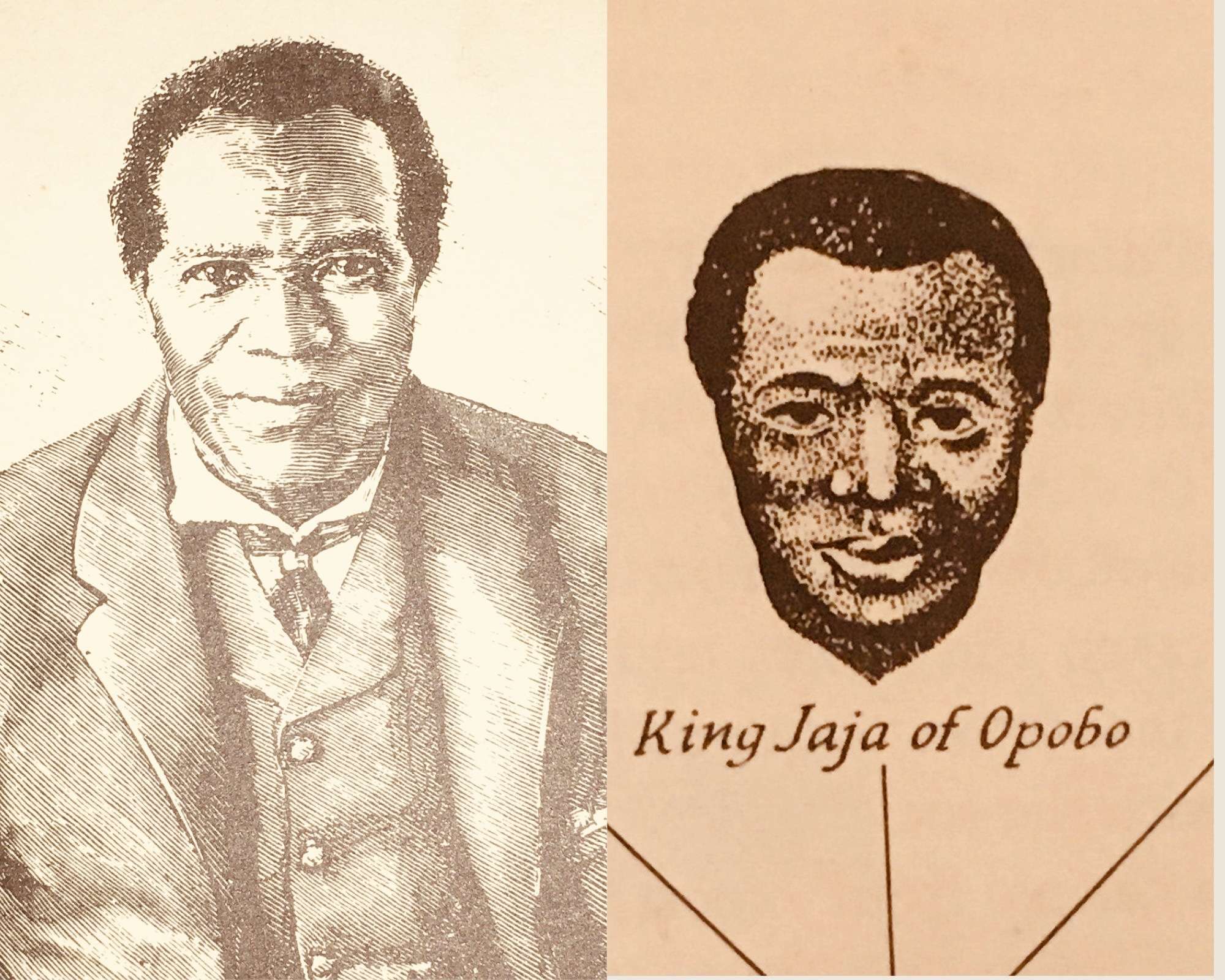If you are a lover of African history then you must have heard of the name ” King Jaja of Opobo.” This man was one of the African rulers who strongly resisted colonialism in the Niger Delta and Opobo, his kingdom. King Jaja of Opobo was not just a ruler; he was also a skilled trader and entrepreneur. He lived in a period where the movement on abolishing slavery was getting stronger.
Table of Contents
How King Jaja of Opobo sustained his people’s economy during the fight Against Colonialism
He was quick to realize that the only way for any kingdom to survive in that period was to trade in palm oil. So he devised a way to start trade in palm oil, and eventually became a king and the most successful palm-oil trader of his time.
His Death and Legacy
As a result of his deviant attitude to join other rulers and the British government in exploiting his people, he was eventually banished from his kingdom. Jaja died on his way back from Africa after being granted a pardon by the Queen of England.
Jaja is celebrated today as one of the heroes of colonialism. The people of Opobo still celebrate him by organizing different cultural events in his honor. Recently, Nigerian filmmakers, Charles Okpaleke and Ramsey Nouah announced that they have acquired the rights to produce a movie dedicated to Jaja’s biography. This movie is set to tell the world the authentic story of Jaja’s slave to king journey.
10 Facts about king Jaja of Opobo
- Contrary to some belief, Jaja was not a prince, he was an Ibo slave sold into slavery at the age of 12. He was initially sold to a first master before he was sold again to the Pepple family of Bonny Kingdom.
- Due to Jaja’s background as a slave, his actual date of birth remains unknown. His birth name was Mbanaso Okwaraozurumba. He was renamed Jubo Jubogha by his first master. The name ‘Jaja’ was given to him by the British.
- He was a canoe peddler before he got promoted by his master, Anna Pepple to join him in his palm-oil business. Jaja was such an outstanding slave that he was elected to succeed Alali Pepple, leader of the Pepple family.
- Opobo kingdom was founded by Jaja. In 1866, as a result of a civil war over the tussle of power in the Pepple family, Jaja alongside other slaves withdrew from Bonny and established their settlement, Opobo, along the Imo River.
- After the establishment of Opobo, Jaja strategically invited British firms (who had been trading with his former master in Bonny) to establish trading ports in Opobo. He agreed with the British which included that they have to operate solely under his laws.
- Jaja was not on good terms with Bonny. Bonny failed to recognize Opobo as an independent State under the claim that Jaja betrayed them. The Pepple Family tried to persuade the British firms to boycott Opobo. The Boycott failed because Jaja traded majorly in palm oil, a commodity that was highly sought after by the British firms at that period.
- Jaja of Opobo rose to become the most successful merchant and king of the Delta region. His rise from being a slave to a powerful king Influenced many slaves and rulers alike. Many wanted to be like Jaja, trade with him, and also, compete with him. The British Consul in Lagos recognized Jaja because he could control the hinterland market.
- Jaja was credited for being a smart and strategic businessman (merchant). He was said to have saved Okrika and other Niger Delta communities from being destroyed by Bonny and New Calabar. Apart from trading with British firms in Africa, Jaja also traded directly with foreigners from England and Liverpool
- In 1887, before the Berlin meeting on the partition of Africa, Jaja was invited by the British consul to discuss allowing British traders to have access to all parts of his kingdom. Jaja refused this offer. He was eventually lured into meeting with the British consul. During the meeting, he was threatened to either follow the British consul to Accra or allow Opobo to be destroyed by the British naval guns. Jaja had no choice but to save his people and follow the consul to Accra.
- At Accra, Jaja was tried and sent to the West Indies. He died in 1891. Jaja was initially buried on the Canary Islands and this angered his people. His corpse had to be exhumed and sent to Opobo for the proper African traditional burial. In some accounts, there were claims that he was poisoned to death on his way back to Opobo after being granted a pardon by the Queen of England. Other accounts claimed he died a natural death in the Canary Islands while in exile.

